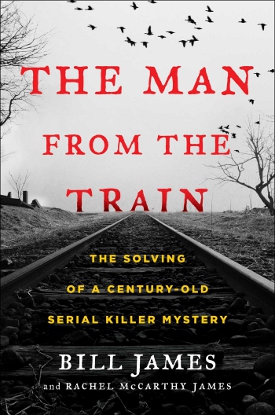A Quest for Joy
 On the 1996 benefit album Sweet Relief II: The Gravity of the Situation, the songs of Vic Chesnutt were covered by everybody from Madonna to R.E.M. to the Smashing Pumpkins to the Indigo Girls. Early in his career, the singer/songwriter was championed by Michael Stipe, who produced Chesnutt’s first two records, released in 1990 and 1991. PBS aired a documentary titled Speed Racer about his life. He had a small part in Sling Blade. He has collaborated with a diverse slate of artists from Widespread Panic to jazz guitarist Bill Frisell to the Cowboy Junkies to members of Fugazi and Godspeed You! Black Emperor. Chesnutt’s latest partnership is with the psychedelic-pop group Elf Power, part of the Georgia collective that spawned The Apples in Stereo and Neutral Milk Hotel. Chesnutt and Elf Power will be among the performers at a March 18 R.E.M. tribute concert at Carnegie Hall, at which they’ll perform “Everybody Hurts.” I start with the résumé because even if you’ve heard Chesnutt’s name, he’s not exactly famous. He has an immense reputation but a relatively small audience.
On the 1996 benefit album Sweet Relief II: The Gravity of the Situation, the songs of Vic Chesnutt were covered by everybody from Madonna to R.E.M. to the Smashing Pumpkins to the Indigo Girls. Early in his career, the singer/songwriter was championed by Michael Stipe, who produced Chesnutt’s first two records, released in 1990 and 1991. PBS aired a documentary titled Speed Racer about his life. He had a small part in Sling Blade. He has collaborated with a diverse slate of artists from Widespread Panic to jazz guitarist Bill Frisell to the Cowboy Junkies to members of Fugazi and Godspeed You! Black Emperor. Chesnutt’s latest partnership is with the psychedelic-pop group Elf Power, part of the Georgia collective that spawned The Apples in Stereo and Neutral Milk Hotel. Chesnutt and Elf Power will be among the performers at a March 18 R.E.M. tribute concert at Carnegie Hall, at which they’ll perform “Everybody Hurts.” I start with the résumé because even if you’ve heard Chesnutt’s name, he’s not exactly famous. He has an immense reputation but a relatively small audience.

 Superman will soon be leaving us, and not a moment too soon. After racking up an impressive opening week with his latest adventure, Superman Returns, he
Superman will soon be leaving us, and not a moment too soon. After racking up an impressive opening week with his latest adventure, Superman Returns, he  Bill James’ The Man from the Train is an ugly book, but for the most part you shouldn’t read that as a criticism. It’s ugly in three ways, and two of those were certainly unavoidable given the subject – the murders of more than 100 people in the early part of the 20th Century. But the third way could have been mitigated to at least some degree.
Bill James’ The Man from the Train is an ugly book, but for the most part you shouldn’t read that as a criticism. It’s ugly in three ways, and two of those were certainly unavoidable given the subject – the murders of more than 100 people in the early part of the 20th Century. But the third way could have been mitigated to at least some degree.